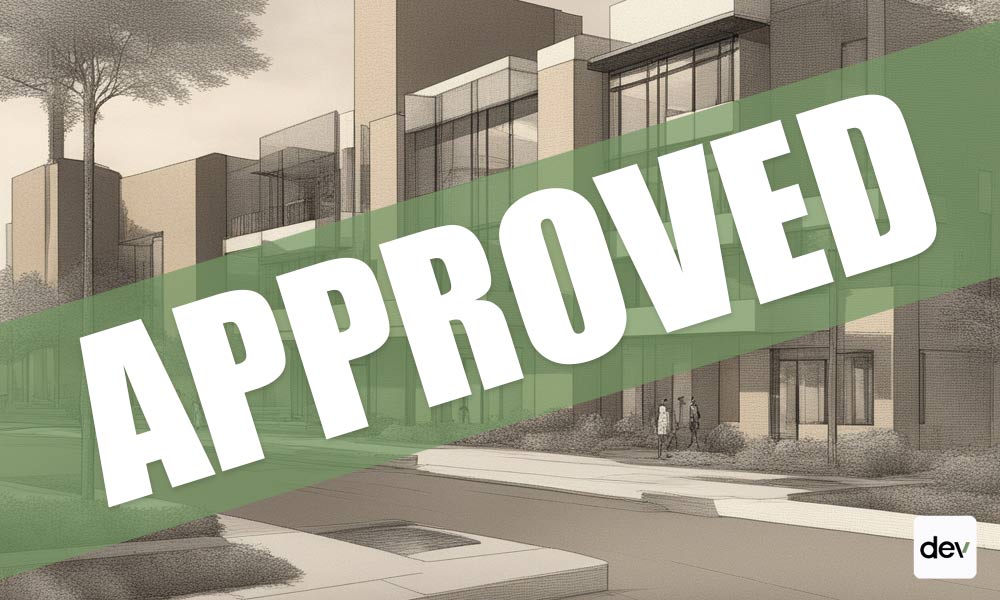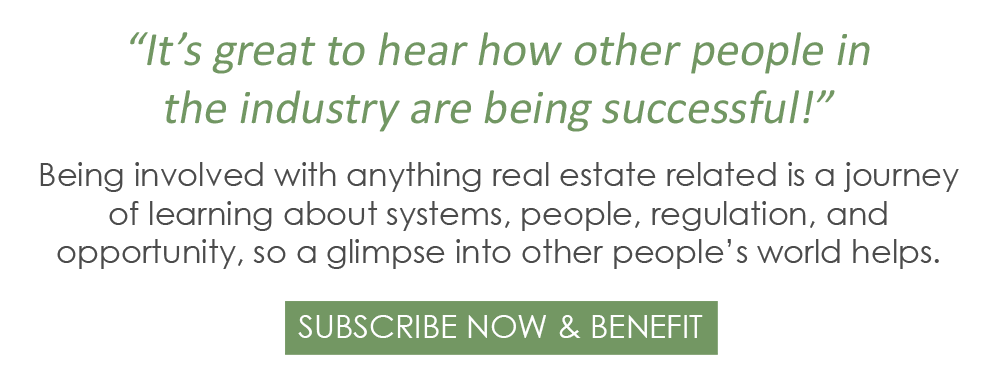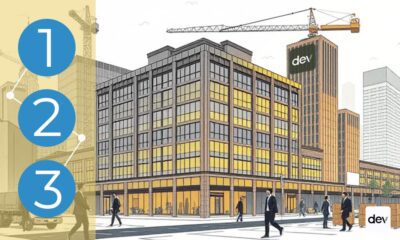
Regulation
Planning Commissions – Avoiding Pitfalls Through Relationships
Learn how developers can build strong, professional relationships with planning commissions through proper project planning, respect, and community engagement.
Local opposition is an all-too-familiar challenge for developers. If not handled thoughtfully, it can erupt into accusations of preferential treatment and behind the scenes arrangements — and this tension does more than damage reputations. When poorly managed projects pit the public against developers, costly delays and drawn-out litigation can result.
On paper, speeding up approvals can be as simple as proactively answering concerns; keeping documents organized and accessible to the masses; and maintaining healthy working relationships with planning commissions. In practice, though, building a collaborative, respectful, and transparent public image requires intentional leadership.
Why Reputation Matters for Real Estate Developers
Reputation is a powerful asset for real estate developers, and it is a multifaceted one too. Environmental impact studies, high-quality presentations, and being receptive to community feedback all influence a developer’s public perception, which in turn can sway investor relations. On the municipal side, a history of trustworthy, timely, and meticulous planning helps to carry zoning changes, permit requests, and project approvals along smoothly.
You will likely never please everyone, and your reputation can’t be transformed overnight. Still, every project gives you the opportunity to showcase integrity by respecting local regulations, priorities, and opinions. By being consistently transparent and credible, you can build an image that leaves no room for accusations and mistrust — even amongst those who don’t like your vision. If you can manage that, you’ll be well-positioned to execute projects with fewer unnecessary headaches and hurdles.
Tips for Fostering Strong, Transparent Relationships
A great reputation is rooted in great relationships. Instead of worrying about what is put into press releases and presentations, respected developers focus on making sure their values are reflected in the very core of their processes, plans, and actions.
Consider Local Laws and Priorities
Planning around local zoning laws and regulations is a typical best practice, but how about being proactive about addressing community concerns and priorities? By integrating them into the initial design rather than waiting for pushback to do so later, developers save time and demonstrate alignment with community values.
For example, in a city that values green space and sustainability, incorporating elements like a small park, tree-lined trails, and native plant habitat can make a large housing development much more appealing to locals. Going beyond compliance and supporting local initiatives like this can take you far in gaining the respect of a community.


Stay Meticulously Organized
Gathering and submitting documentation is often a time-consuming and complicated process, and that is precisely why you should make it your hallmark. Plats, engineering reports, soil studies, environmental assessments — any and all documents you need (or will likely need) should be delivered in a timely manner, and always formatted properly. This habit not only demonstrates professionalism, but respect for a municipality’s role in project oversight.
Once again, being proactive in this area also plays a part in building a reputation of integrity and dependability. For instance, if a developer knows their mixed-use project is near a protected wetland, preparing detailed site plans, floodplain impact assessments, and stormwater management plans before they are requested only serves to benefit you by keeping the project on schedule. At the same time, it shows you strive to adhere to the necessary requirements and are doing your part to keep processes streamlined.
Involve The Community Early and Often
When given the chance to present a project, remember that it is a valuable opportunity to influence public perception — and you should not take that lightly. Clear, concise visuals supported by transparent, credible information and well-prepared answers are all critical aspects to appease and impress the planning commission and, hopefully, any locals in attendance. But beyond formalities, finding ways to engage the community throughout a project is important for reputation management.
Hosting public forums before going in front of the commission allows you to hear out local concerns and address them directly, demonstrating that you are not just checking boxes but genuinely interested in executing a project that benefits the area. For example, if residents are concerned about increased traffic and noise, these meetings give you the chance to showcase how you plan to mitigate those issues, and potentially hear out new ideas. These early dialogues not only build trust but also serve to create positive word-of-mouth, easing tensions before formal presentations happen.


Effectively Interacting With Authorities
How you interact with municipal officials and planning commissions can directly impact your project’s timeline. Just as your actions should demonstrate that you are committed to working within the system — not bending it to your advantage — your interactions need to reinforce that sense of mutual trust and credibility. In one word, this comes down to preparedness.
Your team should always be ready to discuss the project, its priorities, and compliance goals at length. This requires a deep understanding of local standards and processes, but it strongly demonstrates that you are working to align with them, rather than pushing back or asking for leniency.
Another way to show respect is through a collaborative attitude. When feedback or concerns are brought up, listen carefully and craft thoughtful, non-defensive responses to show you value their input and are willing to adapt. Likewise, be transparent about the challenges and concerns that come up on your end, and proactively offer solutions, revised timelines, or further documentation as it is needed.
Looking Ahead: Building an Image of Excellence
While these practices seem straightforward on paper, they aren’t always prioritized, and when they are absent, a developer’s immediate project and long-term reputation can suffer. Ingraining these things into your processes starts with having clear company values, like a commitment to sustainability and strong, healthy relationships with communities.
Not only will investing in more proactive, transparent, and respectful processes help to streamline approvals in the near term, they will also position you as a trusted partner to the towns and cities you support.




